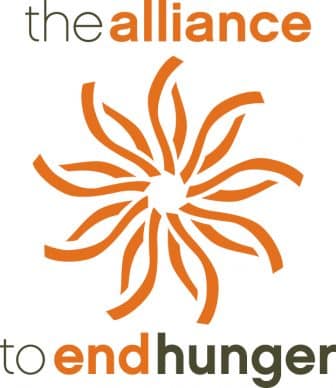
Broken water pipes are flooding homes and fires are destroying belongings, forcing thousands of Texan families to evacuate from their homes. Many are putting every remaining penny towards affording a hotel room.
8.7 million people are or were under a “boil water notice” to avoid consuming contaminated water and because utility workers were working feverishly to get water pressure back to a safe level. The situation in Texas is so urgent, the mayor of Houston, Sylvester Turner, had to ask residents to avoid running water so that the pipes don’t burst. He advised them to be conservative on water usage because hospitals and fire stations needed it.
Texans are experiencing power outages, and left unable to heat themselves in the cold. Dozens have already lost their lives from this disaster and many more are feared dead in their homes. Texans are not only dying from exposure to the cold, but from carbon monoxide poisoning because they are using barbecue grills, generators, and even cars indoors as sources of heat. No one should be this desperate for warmth!
It’s easy to imagine a global health crisis because you’ve lived it. But imagine facing COVID-19 in the midst of conflict and war, destructive flooding and earthquakes, coupled with economic collapse. All around the world, COVID-19 is exasperating the effects of existing disasters and conflicts. Families across the globe in countries like Indonesia, Syria, Yemen, and Lebanon are experiencing an emergency within an emergency.
A 6.2 magnitude earthquake shook West Sulawesi, Indonesia on January 15, 2021 causing severe damage to hospitals, essential shops, homes, pipes and power lines. Imagine your local hospital being destroyed by an earthquake in the middle of a pandemic.
Syrian families have been facing war and conflict for nearly a decade. Out of 16 hospitals in the northeast region, eight are only partially functioning, and the rest are not functioning at all. Imagine facing an ongoing war in the middle of a pandemic with no access to medical care.
Yemen is currently known as the world’s worst humanitarian crisis, with ongoing conflict having claimed the lives of over 100,000 people and displacing thousands of others. Over 20 million Yemeni people are food insecure, of which 10 million are on the verge of famine and starvation. Imagine being in the midst of war, having no food or shelter, and facing COVID-19.
On August 4, 2020, an explosion at the port of Beirut Lebanon, took the lives of +200 people and left 300,000 Lebanese families homeless. Prior to the explosion, Lebanon was already undergoing the worst economic crisis in the nation’s history. Almost half of the country is living below the poverty line. Imagine facing extreme poverty and surviving an explosion that destroyed your home in the middle of a pandemic.
Our response has been to provide relief as quickly as possible. We have been supplying medical centers with PPE supplies, hands-free thermometers, and other medical consumables. Additionally, we are delivering meals and establishing nutrition programs for mothers and children to prevent malnutrition.
On our social media and newsletters, we are raising awareness and asking for donations so that we may continue our emergency response efforts. Families across the world are depending on you to help provide aid, shelter, and more. You can be the reason that someone who has lost their home can get shelter. You can be the answer as parents question how they will feed their children. You can be the proof that when communities are in crisis, others are always willing to step in when they’re needed the most.









